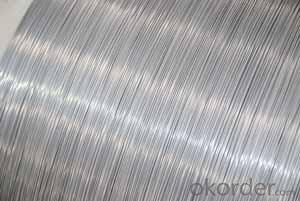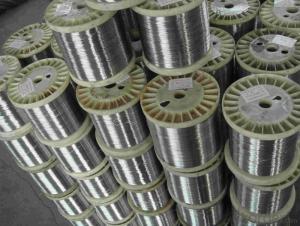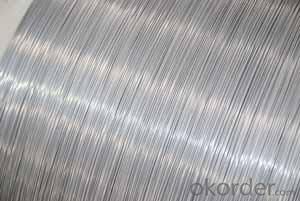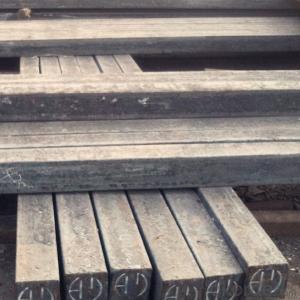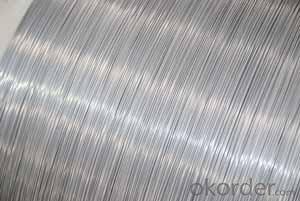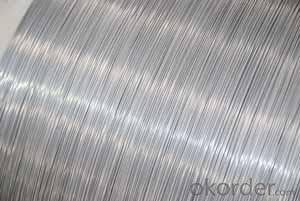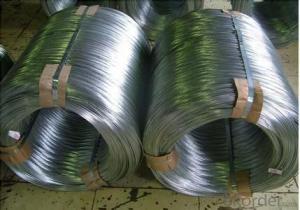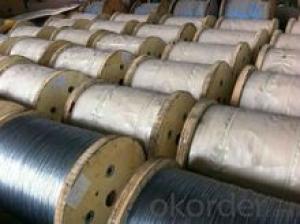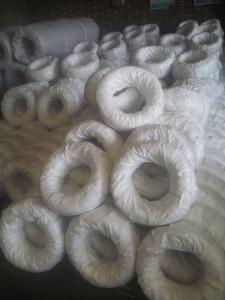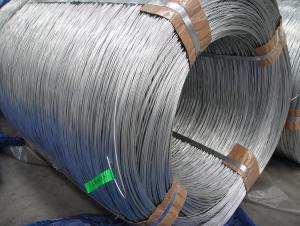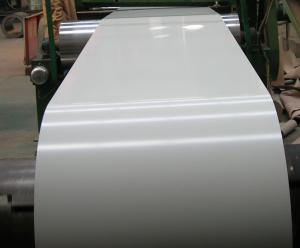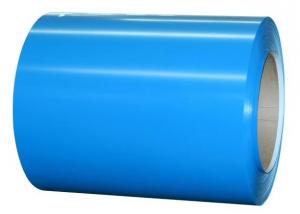PHOSPHATED(GALVANIZED) STEEL WIRE FOR OPTICAL CABLE STRENGTHENING
- Loading Port:
- China Main Port
- Payment Terms:
- TT OR LC
- Min Order Qty:
- -
- Supply Capability:
- -
OKorder Service Pledge
OKorder Financial Service
You Might Also Like
Company standard :phosphate coating:
online phosphating :≥0.8g/㎡
offline phosphating:≥01.5g/ m2
wooden spool,steel spool , Z2
4, MECHANIC
| |||||||||||||||||||||||||||||||||||||||||||||||||||||||||||||||||||||||||||||||||||||||||||||||||||||||||||||||||||||||||||||||||||||||||||||||||||||||||||||||||||||||||||||||||||||||||||||||||||||||||||||||||||||||||||||||||||||||||||||||||||||||||||||||||||||||||||||||||||||||||||||||||||||||||||||||||||||||||||
- Q: What are the different types of steel storage racks?
- There are several different types of steel storage racks, including pallet racks, cantilever racks, push back racks, and drive-in racks. Pallet racks are designed to store palletized goods and are available in different configurations such as selective, double deep, and narrow aisle. Cantilever racks are used for long and bulky items like pipes and lumber. Push back racks are designed for high-density storage and allow for multiple pallets to be stored one behind the other. Drive-in racks are used for storing large quantities of the same product and allow forklifts to drive directly into the racks to retrieve items.
- Q: How is steel used in the production of elevator systems?
- Steel is a crucial material in the production of elevator systems as it is used for constructing the elevator car, the support structure, and the guide rails, ensuring durability, strength, and safety for the entire system.
- Q: How does steel pipe coating for natural gas pipelines work?
- Steel pipe coating for natural gas pipelines works by applying a protective layer onto the surface of the steel pipe. This coating provides corrosion resistance, preventing the pipe from deteriorating over time. It also acts as an insulator, reducing heat loss during the transportation of natural gas. The coating process involves cleaning and preparing the pipe's surface, followed by applying a primer and the final coating material. This ensures the pipe is well protected and meets the necessary safety standards for the transportation of natural gas.
- Q: What are the factors that affect the price of steel products?
- There are several factors that affect the price of steel products, including the cost of raw materials such as iron ore and coal, as well as the cost of energy and transportation. Additionally, market demand and supply dynamics, global economic conditions, and currency exchange rates can also impact steel prices. Furthermore, trade policies, tariffs, and government regulations can influence the price of steel products in different regions.
- Q: What are the different types of steel fencing and their applications?
- There are several different types of steel fencing, each with their own unique applications. Some common types include chain link fencing, ornamental steel fencing, and mesh panel fencing. Chain link fencing is often used for residential or commercial purposes due to its affordability and durability. Ornamental steel fencing is more decorative and is commonly used for residential properties or as a stylish addition to parks and gardens. Mesh panel fencing is versatile and can be used for various applications, such as securing construction sites or creating animal enclosures. Ultimately, the choice of steel fencing depends on the specific needs and requirements of the project or property.
- Q: What are the different types of steel products used in the manufacturing of cleaning equipment?
- Some of the different types of steel products used in the manufacturing of cleaning equipment include stainless steel, carbon steel, and galvanized steel. Stainless steel is commonly used due to its corrosion resistance and durability. Carbon steel is often used for its strength and affordability. Galvanized steel, which is coated with a layer of zinc, is used to provide extra protection against rust and corrosion.
- Q: How is steel used in the production of industrial machinery?
- Steel is used in the production of industrial machinery due to its exceptional strength and durability. It is commonly used for structural components, such as frames and supports, as well as for various machine parts, including gears, shafts, and bearings. The high tensile strength of steel makes it ideal for carrying heavy loads and enduring harsh operating conditions, ensuring the reliability and longevity of industrial machinery.
- Q: What are the advantages of using steel in the construction of sports stadiums?
- There are several advantages of using steel in the construction of sports stadiums. Firstly, steel is a strong and durable material that can withstand heavy loads and extreme weather conditions, providing long-term structural integrity. This ensures the safety of spectators and athletes. Additionally, steel is a flexible material that allows for large open spaces and unique architectural designs, providing an enhanced viewing experience for fans. Moreover, steel is a sustainable and recyclable material, contributing to environmental conservation and reducing the carbon footprint of the construction process. Lastly, steel is cost-effective, as it can be prefabricated off-site and easily assembled on-site, reducing construction time and overall project costs.
- Q: What are the common types of steel products used in the chemical industry?
- Some common types of steel products used in the chemical industry include stainless steel pipes, tanks, and vessels, as well as steel valves and fittings. These steel products are chosen for their corrosion resistance properties, as they need to withstand harsh chemicals and environments.
- Q: What are the uses of steel in the automotive aftermarket?
- Steel is widely used in the automotive aftermarket for various purposes. It is commonly utilized in the manufacturing of automotive parts such as engine components, suspension systems, body panels, and exhaust systems. Steel's high strength, durability, and corrosion resistance make it an ideal material for these applications, ensuring the longevity and performance of aftermarket products. Additionally, steel's versatility allows it to be easily formed and shaped into complex designs, providing automotive aftermarket manufacturers with the flexibility to create parts that meet specific requirements.
Send your message to us
PHOSPHATED(GALVANIZED) STEEL WIRE FOR OPTICAL CABLE STRENGTHENING
- Loading Port:
- China Main Port
- Payment Terms:
- TT OR LC
- Min Order Qty:
- -
- Supply Capability:
- -
OKorder Service Pledge
OKorder Financial Service
Similar products
Hot products
Hot Searches
Related keywords
